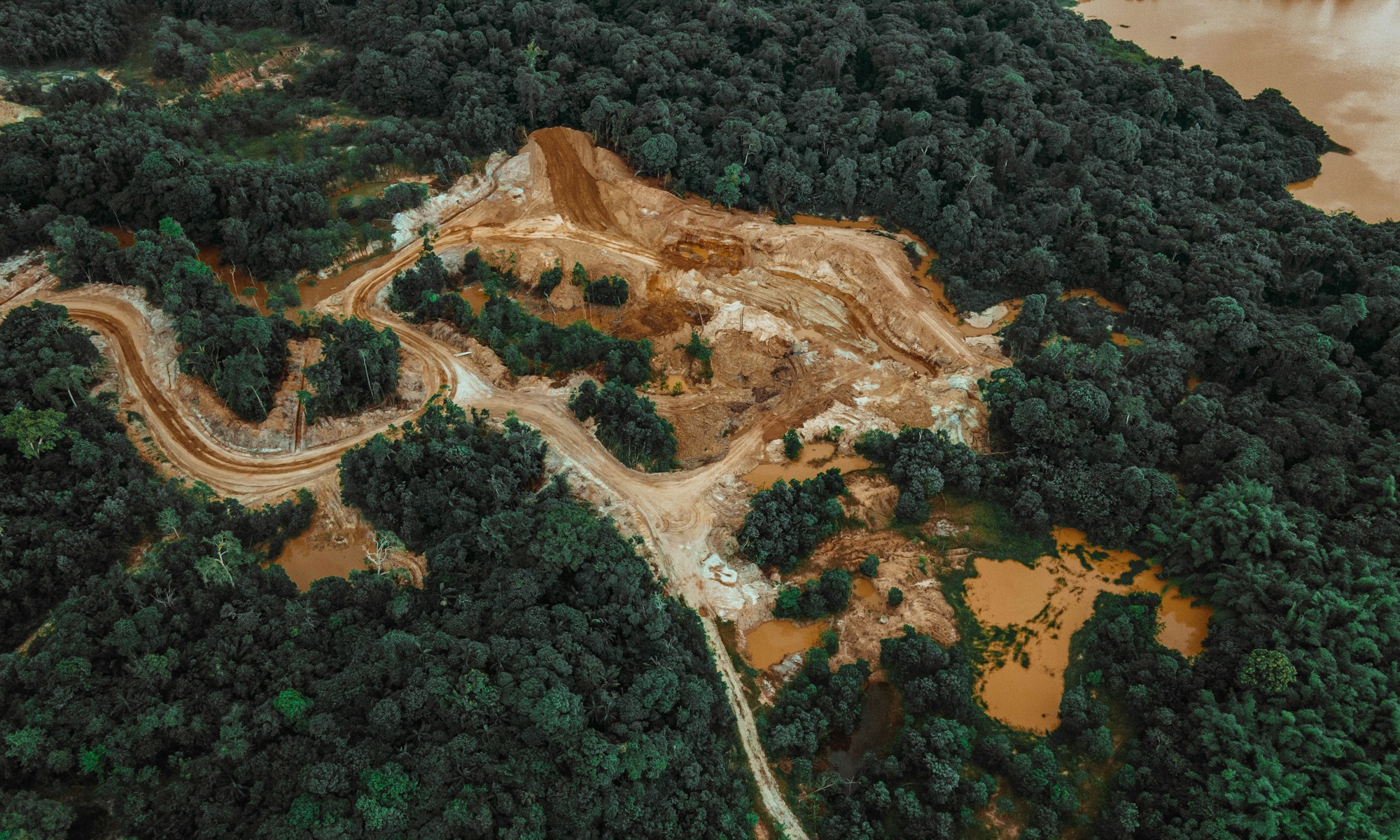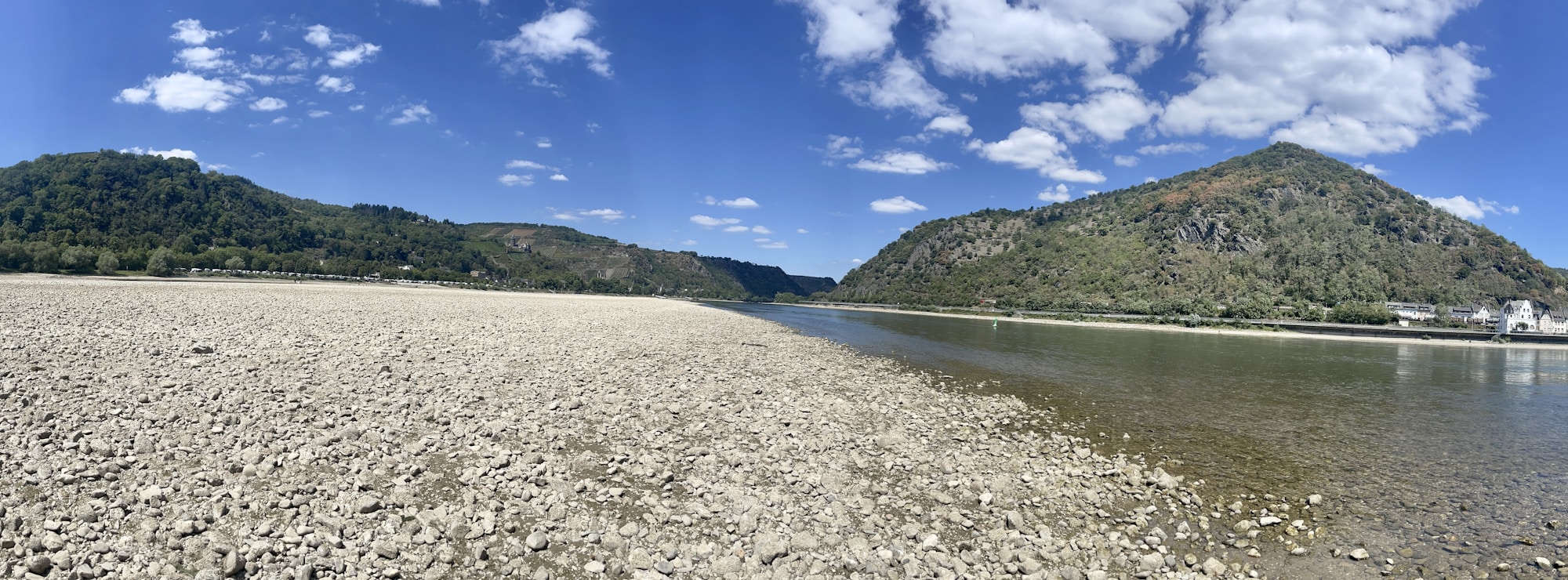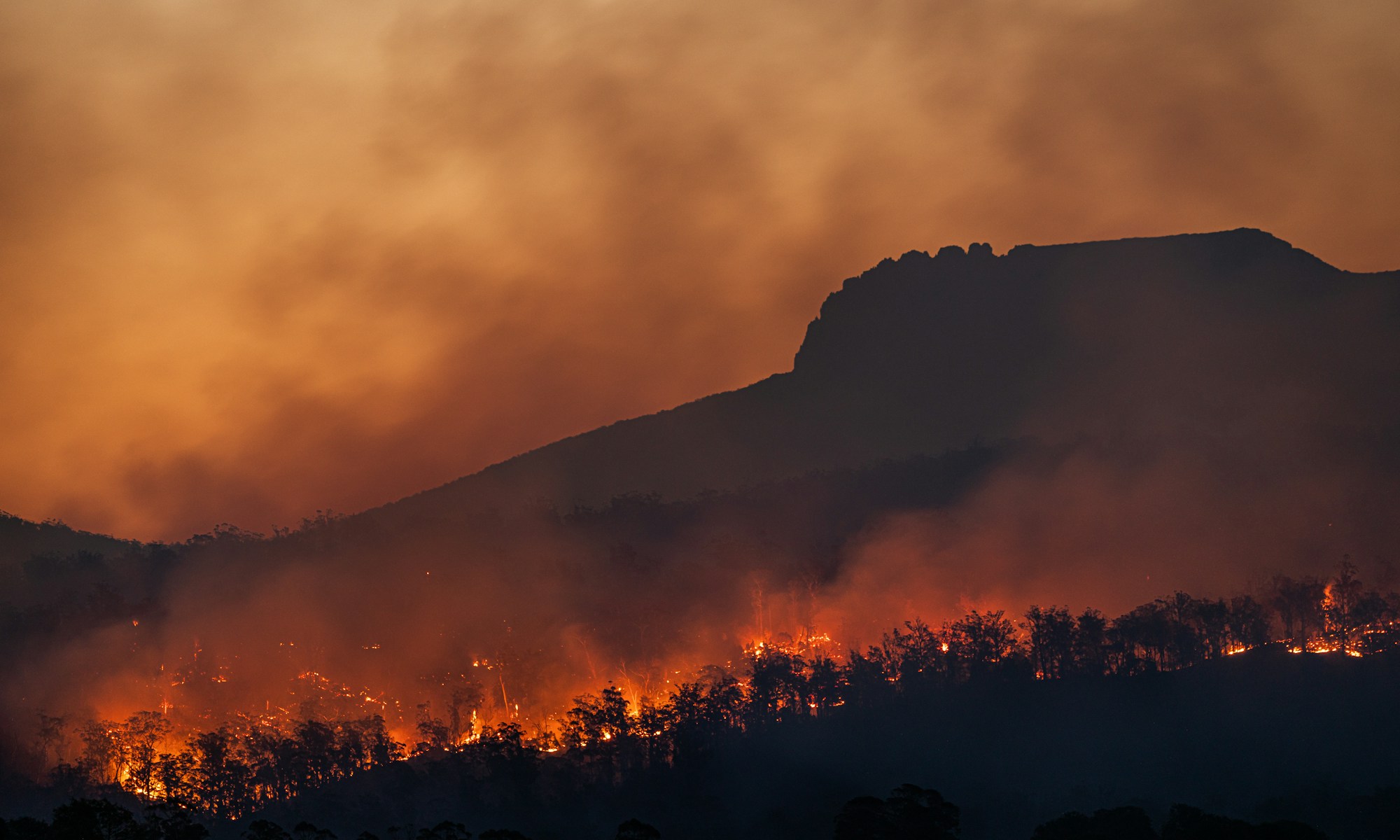27 July 2023 – by Darina Kalamova
The Northern Hemisphere is currently in its summer season and heatwaves have been causing widespread chaos in many countries. Southern and Eastern Europe has been experiencing record-breaking temperatures for the past two weeks. Wildfires are ravaging countries, people are risking their lives and are losing their homes and livelihoods.
Rhodes is in flames
Numerous fires have erupted throughout Greece since the heatwave began, with very intense ones occurring in Rhodes, the largest of Greece’s Dodecanese islands. The island has been battling wildfires for the past ten days and since then, the flames have spread from the island’s mountainous area into its heavily populated parts causing mass evacuation operations.
Thousands of people have been forced to leave their homes and abandon holidays in order to protect their lives. In fact, more than 20,000 people have fled the flames since the weekend, making this Greece’s largest-ever wildfire evacuation. Authorities have been using transport planes to transfer camp beds, sleeping bags, and other essential supplies to Rhodes.
Many of the evacuated people were tourists who ended up being stranded at airports or other makeshift shelters including schools and conference halls for days. Since then, some have managed to get back to their respective countries, but many homes and businesses on the island have been destroyed. In the upcoming days, government experts are expected to visit the area and assess the damage.
Beyond the island’s borders
The prolongated heatwave is causing severe issues in other parts of the country as well. According to Pavlos Marinakis, a spokesperson for the Greek government, the firefighting efforts have become increasingly difficult due to the combination of high temperatures and parched conditions. He added that since the beginning of the heatwave, the country has had more than 50 new fires per day, or more than 600 in total.
Emergency services are tackling fires on Evia and some areas have already been evacuated there. Corfu is another popular summer destination, which has suffered dramatically over the past two weeks and over 2000 people have been evacuated. The Greek Prime Minister warned that everybody should stay on high alert for the following weeks as “the climate crisis will manifest itself everywhere in the Mediterranean with greater disasters.”
Climate Change
Scientists are warning that such heatwaves will become even more severe in the near future and different regions around the globe will start experiencing them more and more often. According to a study conducted by World Weather Attribution, the events witnessed this month would have been “extremely rare” in the absence of human-induced climate change. The World Weather Attribution team estimated that the increasing greenhouse gas emissions are making the European heatwave 2.5 Celsius hotter than it would otherwise have been. Therefore, even though, fires are common in Greece, climate change has led to even more extreme heatwaves and increased temperatures.












